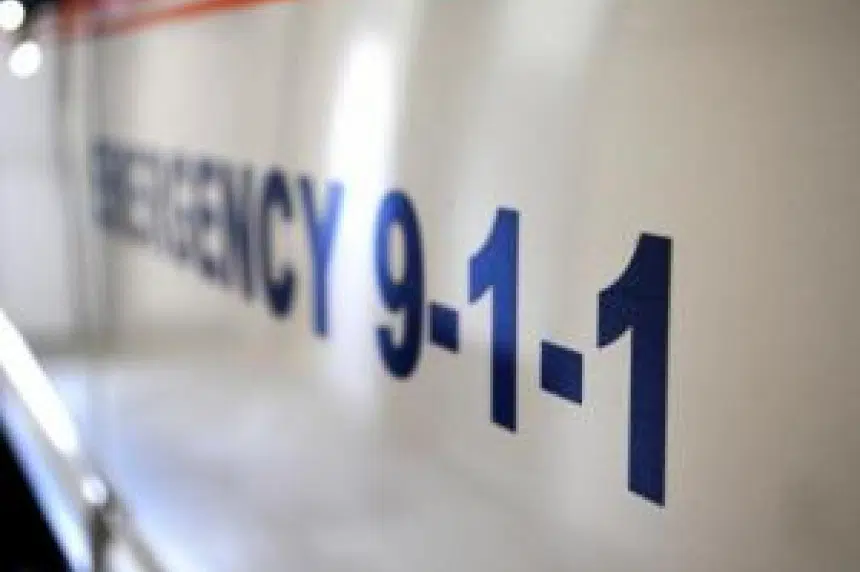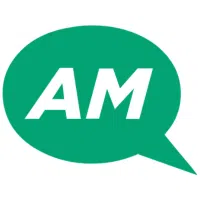Ambulances are not exempt from Co-op fuel restrictions, but some are stocking up on extra gas cards for cardlock stations to make sure they don’t run out in case of an emergency.
Kelly Prime manages Midway Ambulance Services in Wynyard, Crestview Ambulances in Yorkton and Shamrock Ambulance Services in Rose Valley and he also heads up the Paramedic Services Chiefs of Saskatchewan.
He first learned of the fuel restrictions through a text message this week and then immediately started making calls to Federated Co-operatives Limited (FCL) to find out more.
“I was informed by one of the directors that we weren’t going to get an exemption on this, that it was going to affect all our gas cards, so we immediately started working with our local Co-op managers to get extra gas cards,” Prime said on Gormley on Thursday.
With blockades at the Co-op refinery continuing to interrupt the shipments of gas across Western Canada, Co-op took the step on Wednesday to restrict cardholders to 100 litres of gas and 300 litres of diesel fuel per card per day.
“That leaves us very short,” Prime said. “A lot of our ambulances are gas ambulances — some are diesel — but 300 litres of fuel when you’re doing two or three transfers into Regina or Saskatoon a day, that gets eaten up pretty quick. So logistically it has created some challenges for us.”
He pointed out ambulances have to be able to respond to emergencies at any time of the day or night and on many highways, Co-op cardlocks are one of the only available options to fuel up in the middle of the night.
“If we’re coming back in the middle of the night all the way from Saskatoon to Yorkton and we get rerouted to an emergency or have to turn around go back, those cardlocks really support us in being able to transport those patients to and from communities,” Prime explained.
The ambulances he manages do have access to a bulk fuel station in the area, but Prime said it is good to see the restrictions have not impacted bulk fuel or regular gas stations so far.
At this point, he said operators are just being mindful of fuelling up as much as possible during regular business hours in order to minimize when they are using fuel cards at cardlocks.
He hasn’t received any reports of ambulances running out of gas while on their way to calls. Instead, he noted the ambulance services are being proactive to avoid issues.
Prime also had a message for the people of the province.
“Whatever’s happening at the bargaining table or on the (picket) line, that’s their processes,” he said. “We are always going to be responding (to) 911 (calls). We will always find a solution; we always have.
“Don’t stop calling 911 because we’re going to continue to respond and be very responsive to the health needs and to the emergencies of the people of Saskatchewan.”







